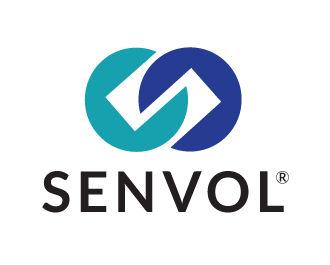New York, NY – September 12, 2017 – Senvol and the U.S. Department of Energy’s (DOE) Oak Ridge National Laboratory (ORNL) have signed a two-year research agreement focused on pedigreed additive manufacturing (AM) data generation.
Using Senvol’s proprietary Standard Operating Procedure (SOP) document for generating pedigreed AM data, the project will evaluate best practices for data collection. ORNL and Senvol will investigate pedigreed data collection in regard to understanding the quality of AM materials and ensuring that all of the required nuanced data is captured and accurately extracted during an AM data generation project.
Ryan Dehoff, group leader of the Deposition Sciences and Technology Group at ORNL, stated, “Senvol has been at the forefront of pedigreed data for additive manufacturing. The importance of understanding the relationship between material properties, machine selection, and process parameters is critical for helping industry move from prototypes to industrial parts.”
Senvol’s SOP covers topics such as collecting appropriate geometric information, key processing parameters for the AM technology, and any key material testing protocols. These are critical in terms of understanding the true material response, especially when dealing with multivariate analysis approaches in which several of these variables may be interlinked.
Senvol President Annie Wang commented, “Oak Ridge is renowned for having world-class expertise in additive manufacturing, and so we’re very excited to work with them on this project. The pedigreed data generated during the project will be input into Senvol’s data structure in order to perform preliminary machine learning and data analysis. Senvol is currently evaluating and building advanced computational tools to rapidly evaluate AM components and link processing, microstructure, and properties in additively manufactured components. The results of this project will be used to complement physics based models of additive manufacturing systems and therefore lead to more rapid understanding of new materials and faster deployment of the technology.”
This research is supported by DOE’s Office of Energy Efficiency and Renewable Energy-Advanced Manufacturing Office under the Manufacturing Demonstration Facility at ORNL. AMO supports early stage applied research and development of new materials, information, and processes that improve American manufacturing’s energy efficiency, as well as platform technologies for manufacturing clean energy products.
To learn more about the Manufacturing Demonstration Facility at ORNL, please visit its website.
To view more Senvol news stories, click here.
